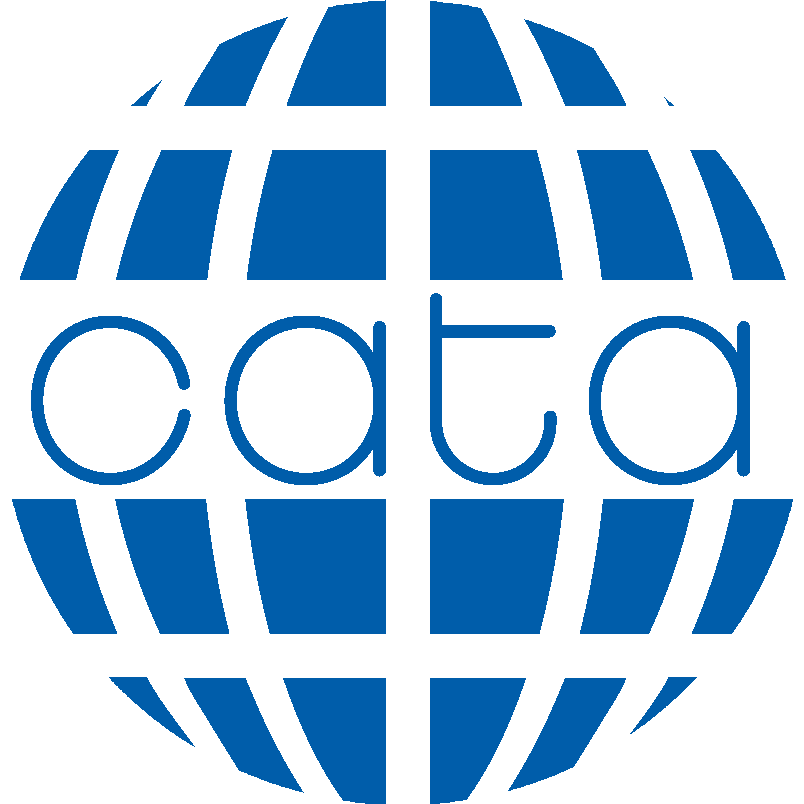Malaysia: Workshop on Taxation of International Transactions (TOIT) Tax Treaty and Transfer Pricing Report 2023
1. Introduction: The Workshop was held at the Malaysian Tax Academy (MTA) from July 12 to July 23, 2023. The goal of the workshop was to broaden and deepen participants' understanding of international tax rules, particularly tax treaties and transfer pricing, by considering their application in interaction with domestic tax law and to commercial transactions involving cross-border flows of funds, as well as to make the programmes more targeted so that tax officials can pursue specific areas of interest and promote specialisation.
2. Participants: The workshop was attended by 28 participants for Tax Treaty Workshop and 30 participants for Transfer Pricing Workshop from 16 CATA member nations, including Botswana, Brunei, Cameroon, Eswatini, Gambia, India, Kenya, Malawi, Maldives, Mauritius, Pakistan, Papua New Guinea, Seychelles, Tanzania, Zambia, and Malaysia. Participants were actively participated in the sessions, sharing their perspectives and own experiences throughout the two workshops.
3. Resource Persons: Mr. Daniel Berry of the Organisation for Economic Cooperation and Development (OECD) and Mr. Edward Barret of the United Kingdom's Her Majesty's Revenue and Customs (HMRC) are the resource persons for the Tax Treaty Workshop. The Transfer Pricing Workshop, on the other hand, featured Mr. Anthony Clark from HMRC and Ms. Melinda Brown from the OECD as resource persons.
4. Workshop Highlights: The Tax Treaty and Transfer Pricing Workshop was an intensive learning session designed to provide attendees a thorough grasp of tax treaties and transfer pricing ideas. The programme focused on the practical use of international tax agreements, tax treaties, and transfer pricing regulations in the corporate environment. Both workshops aimed to provide participants with the information and practical skills needed to successfully negotiate the complexity of tax treaties and transfer pricing. Participants obtained useful insights and techniques to ensure compliance, minimise risks, and optimise their international tax positions through interactive seminars, case studies, and expert discussions.
5. Key Learnings: The Tax Treaty and Transfer Pricing Workshop provided participants with valuable insights and knowledge on the complexities of tax treaties and transfer pricing, such as understanding the concepts, the importance of maintaining accurate and comprehensive transfer pricing documentation to ensure regulatory compliance and risk mitigation, and practical insights through case studies and group exercises.
6. Recommendations: Based on the workshop evaluations and feedback from participants, the following recommendations were received from participants:
* Require more time to understand more on the articles since it’s a very heavy content. (Tax Treaty). One week on TP is insufficient due to complexity, more time on TP is required. (Transfer Pricing).
* Increase more time. (Tax Treaty) .A more practical approach to teaching can be considered rather than the typical literature and generic examples. (Transfer Pricing).
*Have a restitution work of the mock negotiation with all the participants.(Tax Treaty). More case studies and real case discussion (Transfer Pricing)
* Suggestion to have more interactive content and discussions. (Tax Treaty).Consideration for alignment to changing global world environment of a different approach with respect to case studies. (Transfer Pricing).
* It’s a lot to comprehend for a newbie (Tax Treaty).Lectures were too fast for certain topics due to the limited time. (Transfer Pricing).
* More days and hours should be increased at least two weeks. (Tax Treaty) One or two countries should present live cases. (Transfer Pricing).
*Study Material to be shared beforehand. (Tax Treaty).To introduce an online learning as an introductory and preparatory for people who are new to the subject. (Transfer Pricing).
7. Conclusion: Participants in the Tax Treaties and Transfer Pricing Workshop gained an extensive understanding of tax treaties and transfer pricing ideas, methodology, and compliance requirements. The amazing presentations, case studies, and expert discussions all contributed to the workshop's overall success. The training was a first step towards laying a solid foundation in international taxes and encouraging successful cross-border business practises.
8. Acknowledgments: We extend our sincere appreciation to the resource persons and participants for their valuable contributions and active participation in making the Tax Treaty and Transfer Pricing Workshop a fruitful and enriching experience.
